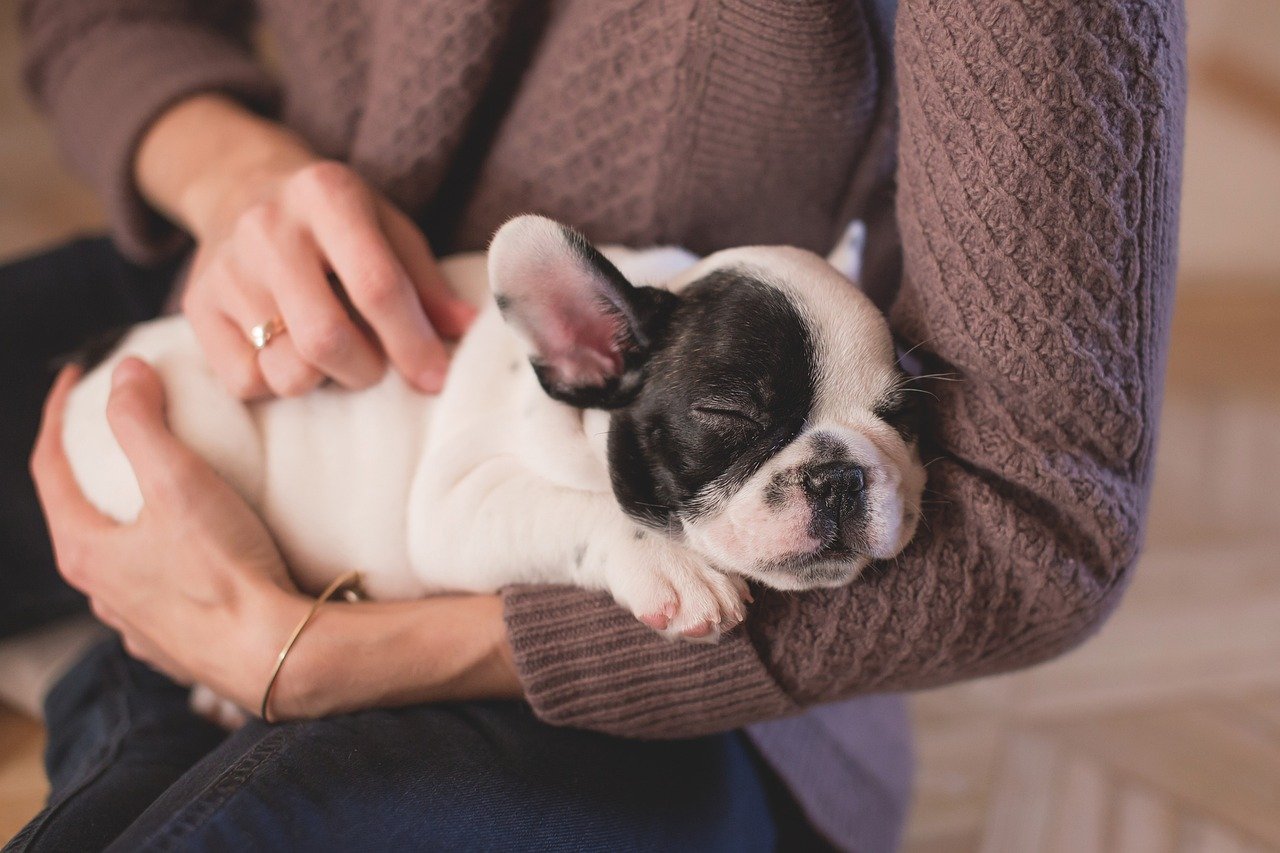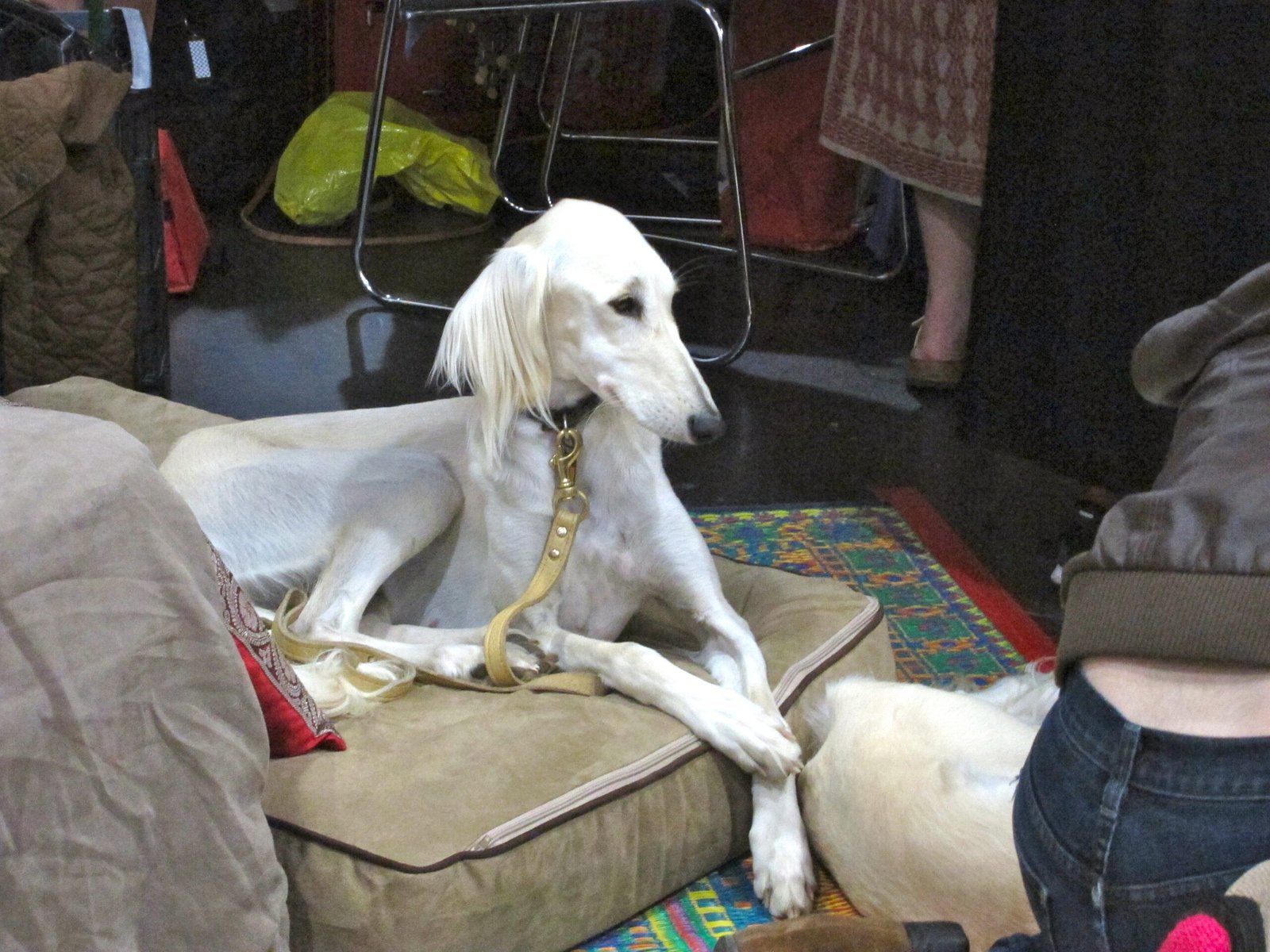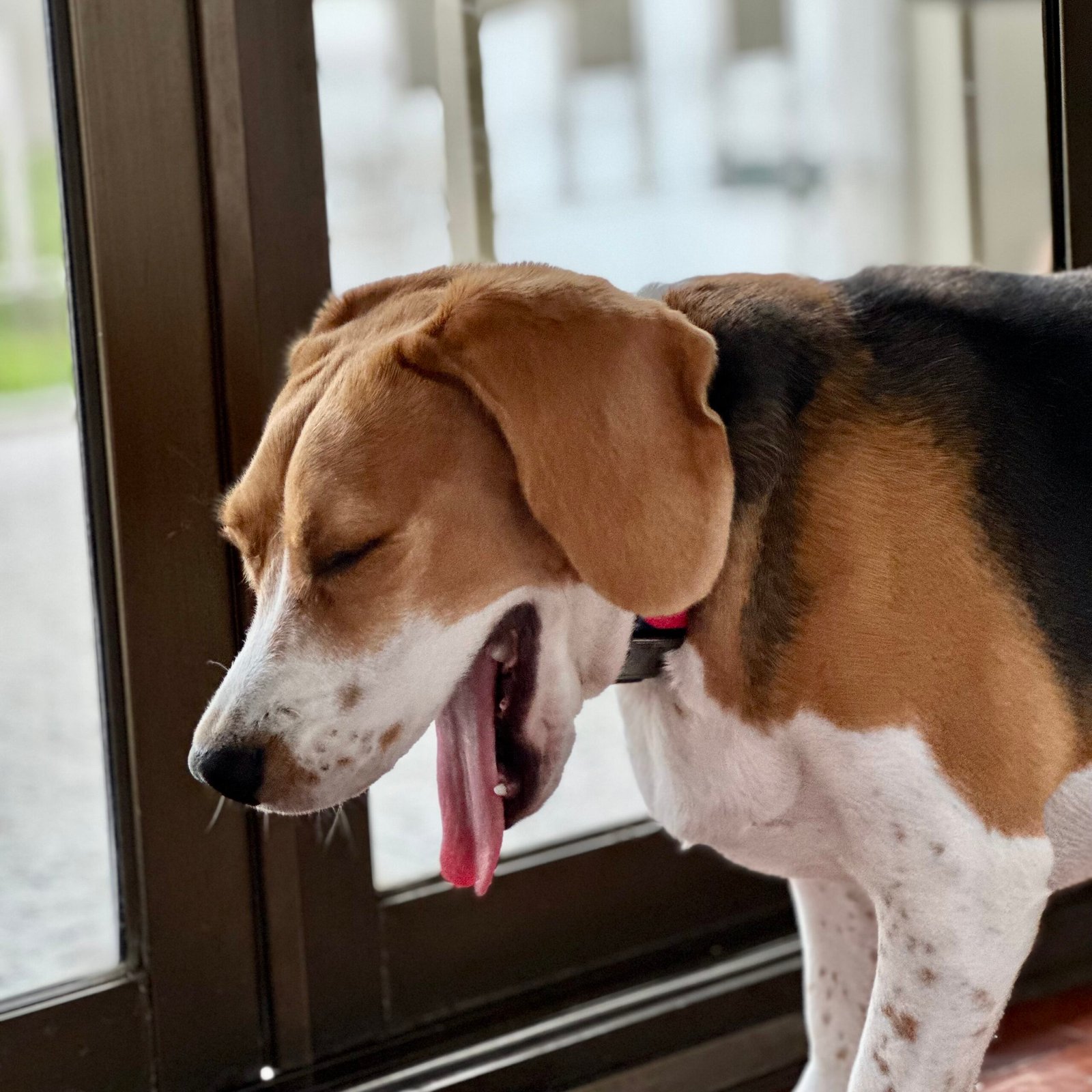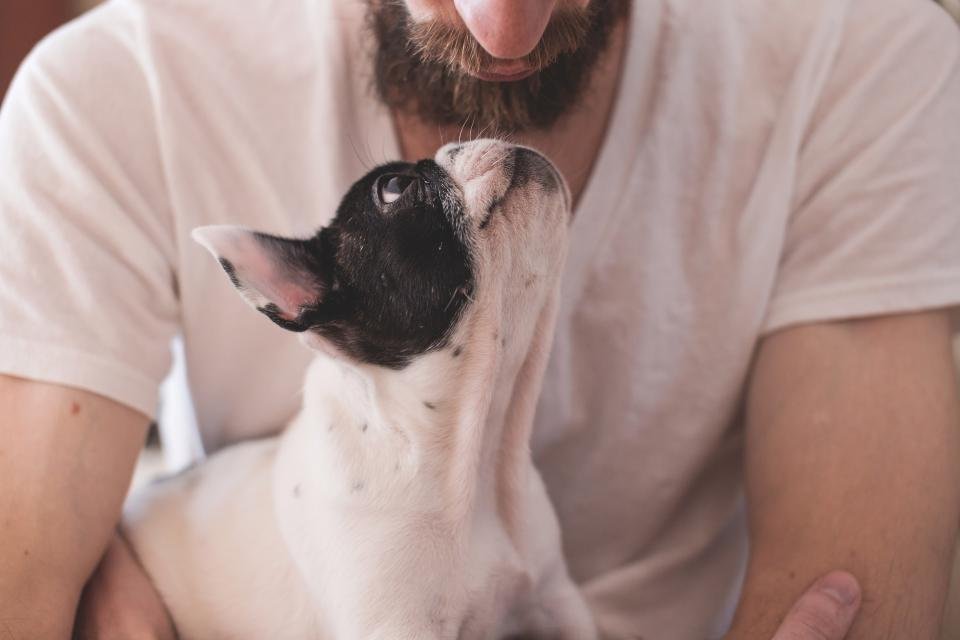There’s something magical about the bond between humans and their dogs. Sometimes, it feels like our pups can read our minds, sense our moods, and react in ways that are almost human. But what if your dog is even more sensitive than you ever realized? Dogs have a whole world of feelings that often go unnoticed. They notice the little things, pick up on your unspoken emotions, and sometimes even respond in ways that will surprise you. Could your canine companion be one of those highly sensitive souls? Let’s explore the subtle signs that reveal just how tuned in your dog might be.
They React Strongly to Your Mood Swings
It can be astonishing to see just how much your dog mirrors your emotions. If you’ve ever felt low and noticed your dog sticking closer to your side or acting unusually calm, it’s no coincidence. Sensitive dogs pick up on your energy, whether it’s happiness, sadness, or stress. If you’re excited, they might bounce around with you; if you’re anxious, you may find them watching you with worried eyes or gently nudging you for comfort. Sometimes, just the sound of your voice changing is enough for your dog to sense something is up. Their empathy is their superpower, and it’s a sure sign of their sensitivity.
They Startle Easily at Sudden Noises
Does your dog jump or cower at the sound of a door slamming or a loud clap of thunder? Dogs with heightened sensitivity are often more reactive to everyday noises. Even something as simple as a dropped spoon can make them flinch. While all dogs can be startled, sensitive dogs tend to recover more slowly or seek reassurance from their owners right away. This isn’t just shyness—it’s a reflection of their heightened awareness and deep concern for their environment. You might notice their ears perk up, tails tuck, or bodies tremble in new or noisy situations.
They Avoid Crowded or Chaotic Spaces
Sensitive dogs often prefer peace to pandemonium. If your dog seems uncomfortable at busy parks, family gatherings, or anywhere there are lots of people and other animals, this could be a subtle sign. They might stick close to your leg, try to leave the room, or simply freeze in place. These dogs are more affected by overstimulation and can become overwhelmed quickly. They thrive best in calm, predictable environments, where they can relax and feel secure. Their need for quiet is not about being unfriendly; it’s their way of protecting their emotional balance.
They’re Attuned to Subtle Changes in Your Routine
Does your dog seem to know the moment you grab your keys or change your shoes? Sensitive dogs are like little detectives, picking up on the smallest shifts in your daily habits. Whether you wake up a bit earlier, bring home a new scent, or change your usual walking route, they notice. Sometimes they react with curiosity, other times with anxiety. Their keen perception means they’re always watching and learning from you, processing every detail to stay connected. It’s almost as if they have a sixth sense when it comes to changes in your life.
They Get Spooked by New Objects or Furniture
Bringing something new into your home—like a vacuum cleaner, a new chair, or even a holiday decoration—can turn your sensitive pup into a bundle of nerves. Instead of approaching out of curiosity, they might keep a safe distance, sniff cautiously, or even bark at the unfamiliar thing. This heightened vigilance isn’t stubbornness or fearfulness—it’s their sensitive nature at work. They need time to process and accept changes in their environment, and they rely on you for gentle guidance and reassurance during these moments.
They’re Quick to Comfort You When You’re Upset

Have you ever noticed your dog nudging your hand, licking your face, or curling up beside you when you’re having a tough day? Sensitive dogs have an uncanny ability to sense when something’s wrong. They don’t just observe; they take action, offering comfort in the way only a dog can. Sometimes, they’ll quietly rest their head on your lap, while other times they might bring you a favorite toy or paw at you gently. Their efforts to soothe you are heartfelt and sincere, reflecting a deep bond that goes beyond words.
They Take Time to Warm Up to New People or Animals

Sensitive dogs are often cautious about making new friends. While some dogs run up to strangers with tails wagging, your sensitive pup might hang back, observe, and only approach when they feel safe. They might sniff the air, watch body language, or seek your reassurance before saying hello. This gentle hesitance isn’t rudeness—it’s their way of protecting themselves from overwhelm. Over time, as they grow comfortable, you’ll see their true, loving personality shine. Their friendships are meaningful, and they value connection deeply.
They Display Subtle Signs of Stress or Discomfort

It’s easy to miss the tiny signals a sensitive dog gives when they’re feeling uneasy. Look for lip licking, yawning when not tired, slow blinking, or even turning their head away. These are all canine ways of saying, “I’m not sure about this.” Sensitive dogs might also pace, whine, or scratch more than usual in stressful situations. Being able to read these small cues can help you support your dog before their stress escalates. Think of these signals like a whisper rather than a shout—delicate, but full of meaning.
They’re Easily Affected by Your Tone of Voice
Sometimes, it’s not what you say, but how you say it. Sensitive dogs react strongly to changes in your tone—whether you’re speaking softly, raising your voice, or even sighing. A gentle voice can calm them, while a harsh tone, even if not directed at them, can leave them feeling unsettled. You might notice them lowering their head, flattening their ears, or leaving the room if voices get too loud. Their emotional radar is always on, picking up on the vibes you send out, even unintentionally.
They Crave Consistent Routines
Routine is the heartbeat of a sensitive dog’s life. They find comfort in knowing what to expect and when. Sudden changes—like a late mealtime, a missed walk, or a new visitor—can throw them for a loop. You might see them pacing, whining, or hovering around you as if asking, “What’s next?” This need for predictability isn’t stubbornness; it’s their way of managing a world that sometimes feels overwhelming. A steady routine helps soothe their nerves and gives them the confidence to face new experiences.
They’re Gentle and Cautious with Play
When it comes to playtime, sensitive dogs often show a softer side. They may be less rough, preferring gentle games like fetch or tug-of-war with a favorite toy. Instead of leaping into wild wrestling matches, they might approach play with delicacy, watching your reactions and responding to your cues. Sometimes, they’ll pause and check in with you during play, making sure you’re still having fun, too. Their gentle approach is a reflection of their considerate nature, always wanting to please without crossing boundaries.
They Form Deep Attachments and Dislike Being Alone

A sensitive dog’s loyalty runs deep. They often form powerful emotional bonds with their favorite people—sometimes just one person in particular. When separated, they may become anxious, whine at the door, or pace until their loved one returns. These dogs are happiest when they’re close, whether that means curling up at your feet, following you from room to room, or simply lying where they can watch over you. Their intense attachment is their way of saying, “You’re my everything,” and it’s a testament to the depth of their sensitivity.
Your dog might be tougher on the outside, but those little signs—like hiding during loud noises or getting clingy when you’re upset—reveal just how emotionally tuned in they really are. Sensitivity in dogs isn’t weakness; it’s a sign of deep connection and awareness. When you recognize and respect their feelings, you build even stronger trust. So next time your pup acts a little “off,” don’t brush it off—tune in. They might just be feeling more than you realize.





